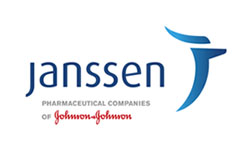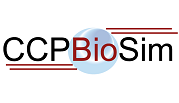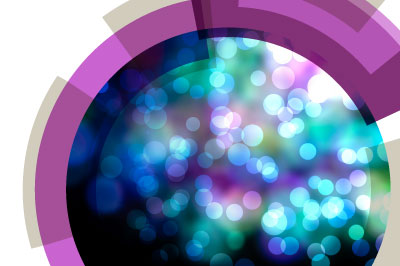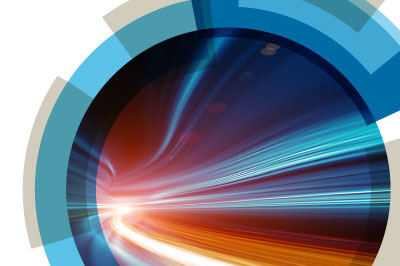Biology, chemistry and materials science make extensive use of computational methods ranging from applications at the cellular level to detailed atomistic simulations of molecular assemblies, materials or small molecules. Many of these computational methods are nowadays routinely used to complement experimental studies. However, despite maturity of this intrinsically multi-disciplinary field, recent progress in the computational sciences has only slowly found its way into numerical simulations. In particular, the enormous potential of immersive and interactive virtual reality approaches, and advanced visual analysis of simulation data, have not been well explored so far.
Molecular simulations and visualization represent formidable communication and learning tools that could significantly speed up understanding of complex biomolecular systems. Interactive and immersive scientific computing includes aspects from the natural sciences, such as biology, chemistry and material sciences, and from the computational sciences, such as HPC architectures, graphical rendering, human-computer interaction, virtual reality and game design. We want to gather experts in these disciplines to stimulate discussions and initiate research aimed at deeper involvement, going beyond the boundaries of each discipline.
Themes:
1) Virtual and augmented reality; immersive molecular simulations
2) Advanced visualization and visual analytics
2) Computing power revolution and new algorithms: GP-GPUs, clouds and more
4) Applications and serious games: from docking to protein folding
Poster Prize Winners:
There were 2 prizes awarded for Best Poster Overall at FD169. These prizes were kindly sponsored by Yasara and were awarded to the following posters:
Extension of MONETA to analysis of Allosteric communication in Protein-Protein and Protein-DNA complexes
Yann Guarracino, Florent Langenfeld, Nicolas Panel and Luba Tchertanov
LBPA - ENS Cachan, France
CELLmicrocosmos 2.2.2 membrane editor and APL@Voro: interactively generate and analyse PDB-based membrane models
Björn Sommer, Gunther Lukat and Jens Kruger
Bielefeld University, Germany
To view the published volume for this meeting, please follow the 'More Information' link below.
Molecular simulations and visualization represent formidable communication and learning tools that could significantly speed up understanding of complex biomolecular systems. Interactive and immersive scientific computing includes aspects from the natural sciences, such as biology, chemistry and material sciences, and from the computational sciences, such as HPC architectures, graphical rendering, human-computer interaction, virtual reality and game design. We want to gather experts in these disciplines to stimulate discussions and initiate research aimed at deeper involvement, going beyond the boundaries of each discipline.
Themes:
1) Virtual and augmented reality; immersive molecular simulations
2) Advanced visualization and visual analytics
2) Computing power revolution and new algorithms: GP-GPUs, clouds and more
4) Applications and serious games: from docking to protein folding
Poster Prize Winners:
There were 2 prizes awarded for Best Poster Overall at FD169. These prizes were kindly sponsored by Yasara and were awarded to the following posters:
Extension of MONETA to analysis of Allosteric communication in Protein-Protein and Protein-DNA complexes
Yann Guarracino, Florent Langenfeld, Nicolas Panel and Luba Tchertanov
LBPA - ENS Cachan, France
CELLmicrocosmos 2.2.2 membrane editor and APL@Voro: interactively generate and analyse PDB-based membrane models
Björn Sommer, Gunther Lukat and Jens Kruger
Bielefeld University, Germany
To view the published volume for this meeting, please follow the 'More Information' link below.
















